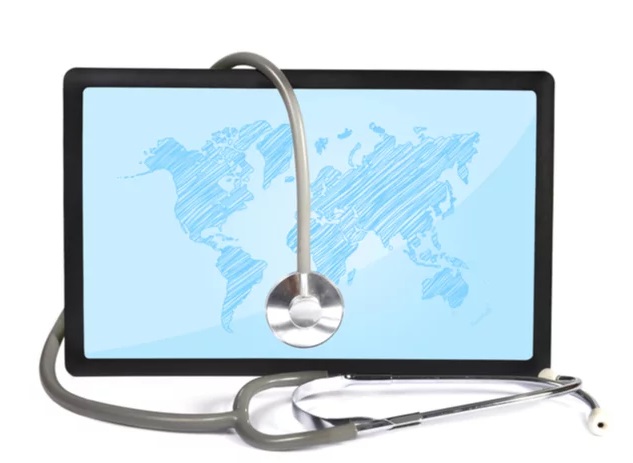A pilot project to support district hospitals in the Mwanza Region of Tanzania is using the Area9 Rhapsode adaptive AI learning platform.
The project is part of the Helping Children Survive (HCS) collaborative, led by Dr. Peter Meaney. It seeks to improve the care of seriously ill children through innovative healthcare worker training.
Area9 Group say its AI-based platform, built on 20 years of research into human factors and cognition, “delivers truly personalized learning at scale – cutting training time in half, guaranteeing proficiency and making lasting impacts on careers and business outcomes.”
“Adaptive learning may be the ideal e-health strategy to increase the efficacy of healthcare worker training,” said Meaney.
Dr. Marc Berg, Chief Clinical Advisor and Medical Director of Area9 Group, has joined with Meaney in developing training for healthcare workers in Tanzania, using the Area9 Rhapsode platform.
TANZANIA
The HCS collaborative addresses one of today’s most urgent global problems, as defined by the UN Sustainable Development Goals. Goal 3: Good Health and Well-Being seeks to end suffering caused by preventable diseases and premature deaths. Goal 4: Quality Education affirms that education is a powerful and proven way to support sustainable development.
There is a natural connection between education and healthcare. Ensuring equal access to both improves quality of life for people everywhere.
“Healthcare education is a natural focus and passion for Area9, which at its founding focused on improving the education of doctors and nurses,” said Khurram Jamil, M.D., President of Strategic Initiatives for Area9 Lyceum. “Access to adaptive learning technology cannot and should not be limited. It is why we are proud to support HCS in improving healthcare worker training in resource-limited areas.”
HCS seeks to provide high-quality health systems in-service training and quality improvement programs to address the health and survival of seriously ill children in resource-limited settings. Since 2013, the HCS program has trained more than 500 providers in Botswana, Tanzania, and India. Data show that HCS has increased provider knowledge and reduced pediatric mortality at district and regional hospitals.
Thanks to the scalability of adaptive learning, many more healthcare workers can train in a highly efficient and effective way. Berg said it would result a decrease in fatalities, “particularly in vulnerable and underserved areas.”
The World Health Organization (WHO) has projected a global shortage of 12.9 million healthcare workers by 2035.

